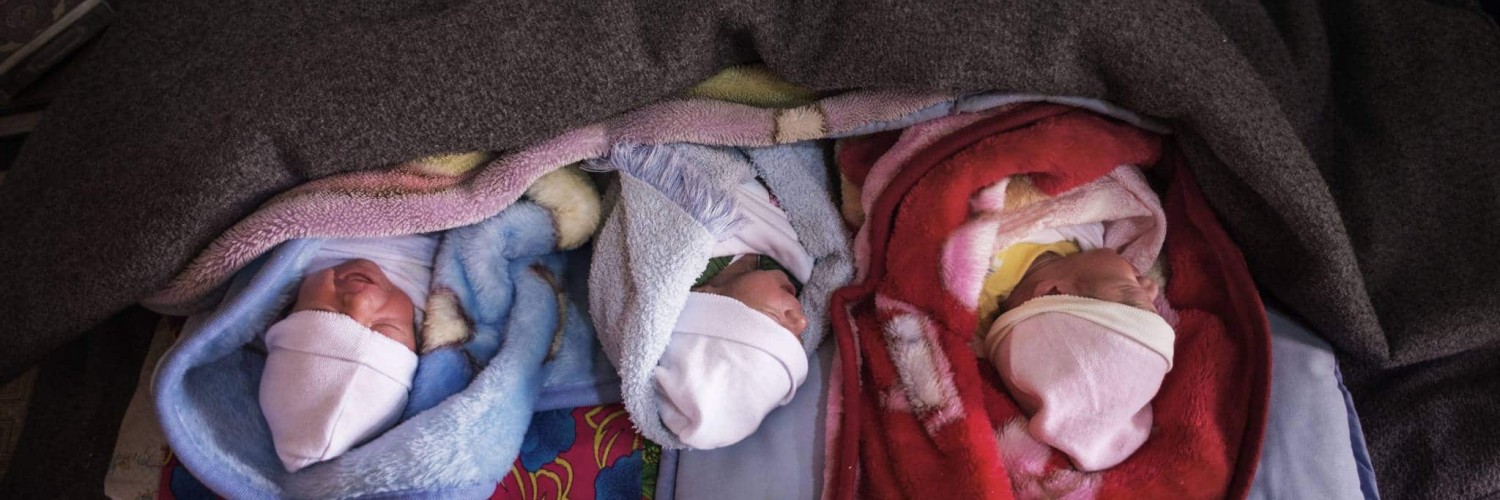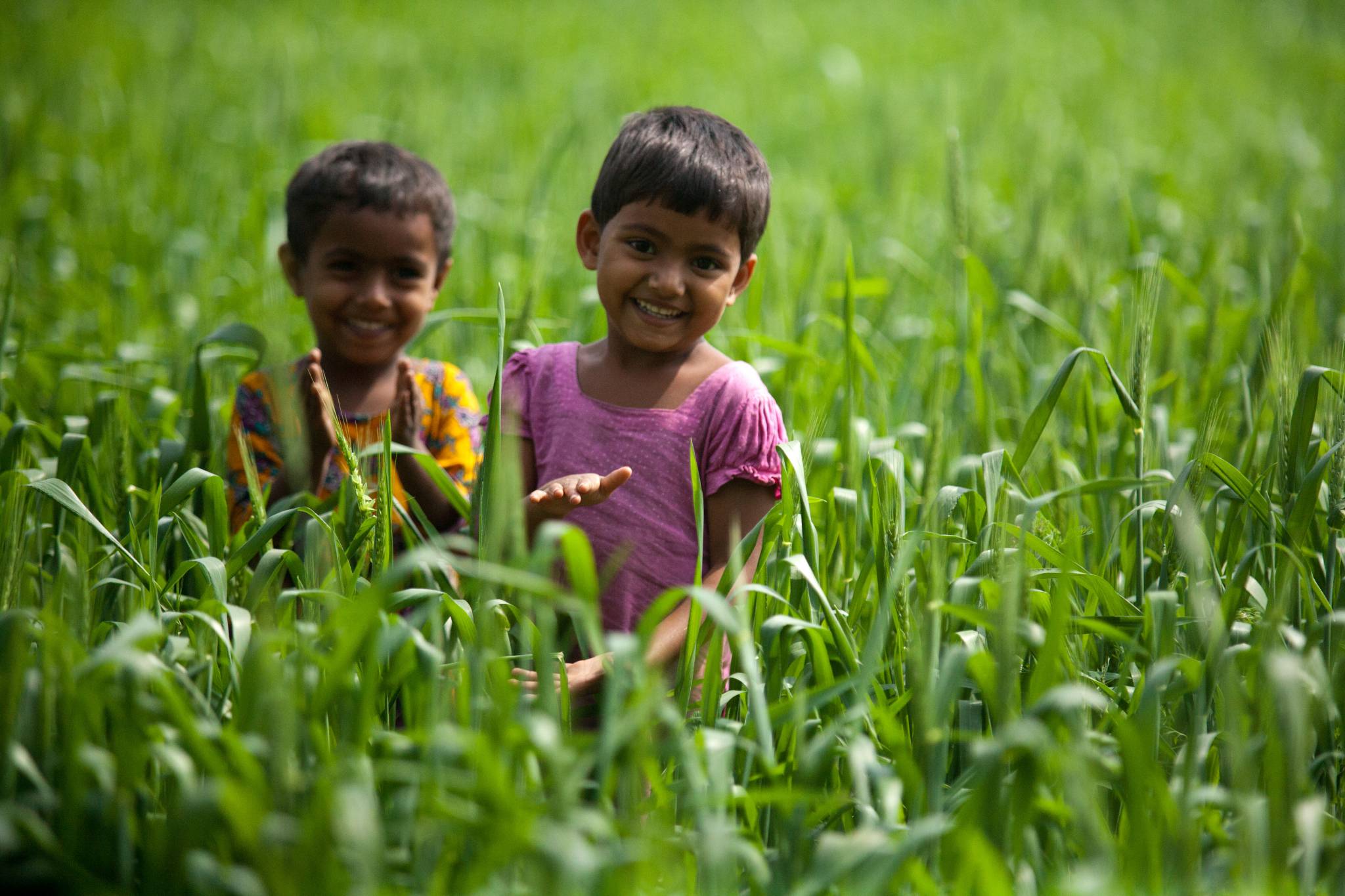This is the story of Ayman, Sami and Tamar’s fight from their first day of life.
Ayman, Sami and Tamar’s home was a freezing cold tented settlement in Lebanon; the thin canvas walls of their tent offering only meagre protection from the bitter chill of a harsh winter. It’s far from hospitals, doctors and midwives, and it’s a place where having a baby is a life-threatening experience.
Here, women often have no choice but to give birth on the floor of a tent or in makeshift rooms without the assistance of a trained nurse and without any pain relief. Sometimes there is no proper medical equipment or even blankets.
These mums risk severe bleeding, infections, high blood pressure and birth complications. Many die before they can even give their tiny loved ones a name.
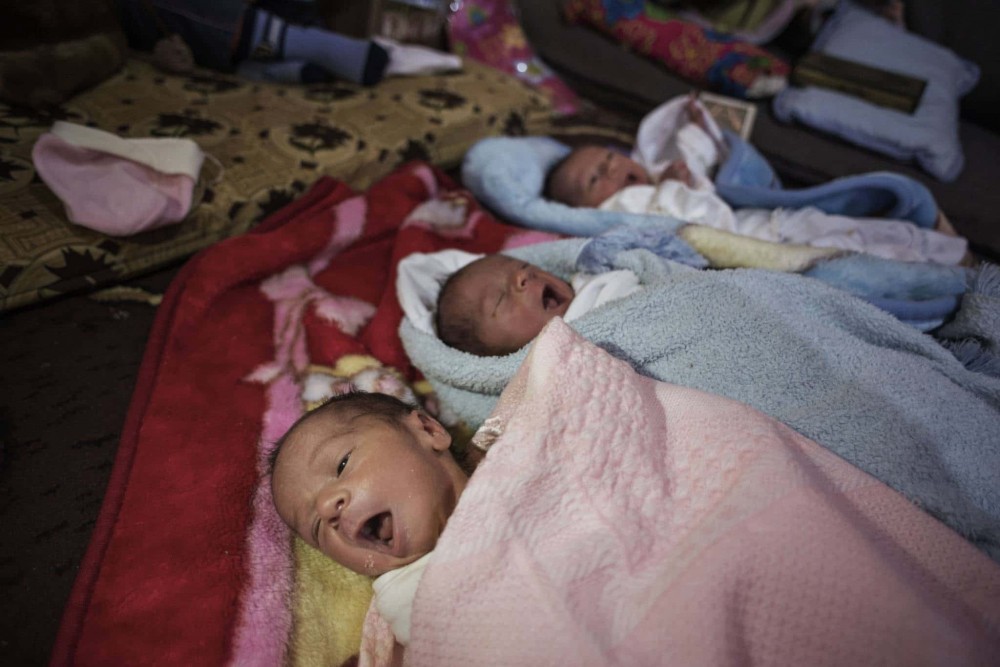
When Ayman, Sami and Tamar were born, their mum Amena suffered uncontrollable bleeding. She was rushed to hospital, but she lost her own life giving her little ones the chance of a future. In time, the babies became well enough to leave the hospital but the bitter winter meant their battle to survive wasn’t over.
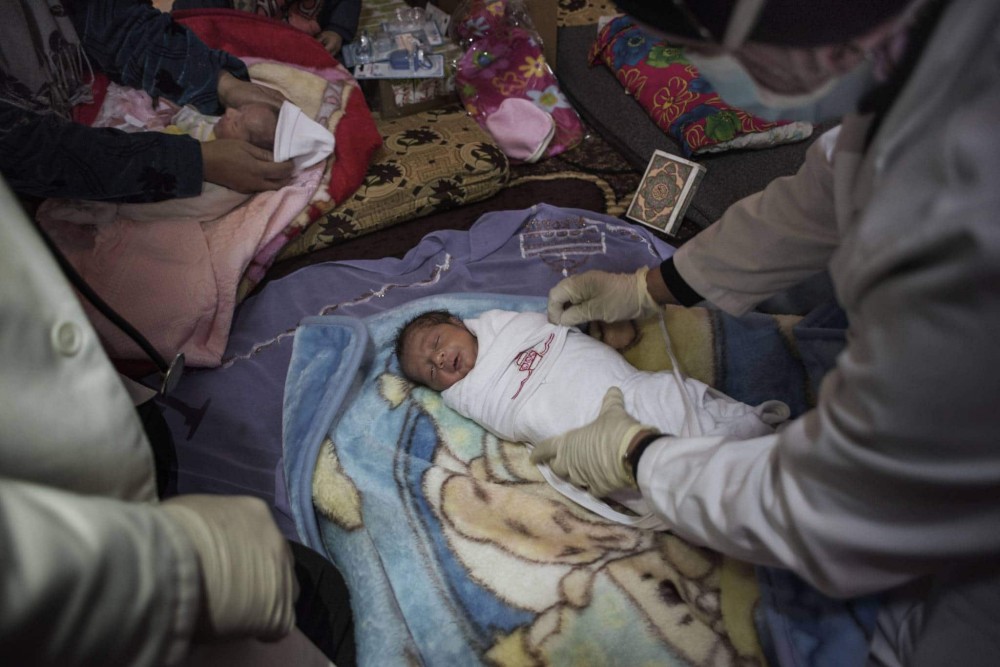
Sami, the smallest of the three t started to get sick and weak. Without the nutrients that would otherwise have been provided by his mother’s milk, he had an especially tough fight on his hands. After just 20 days, tiny Sami lost his battle for life.
Every minute of every day, five babies die in their first month of life – largely from preventable causes.
Simple interventions like high-nutrient substitute milk can help a child survive the first weeks of life, when they are most vulnerable. There is no substitute as effective and nutritious as a mother’s own milk, but in cases where a mother cannot breastfeed, and for babies like Ayman and Tamar, who no longer have their mum, high-nutrient substitute milk can be a life-saver.
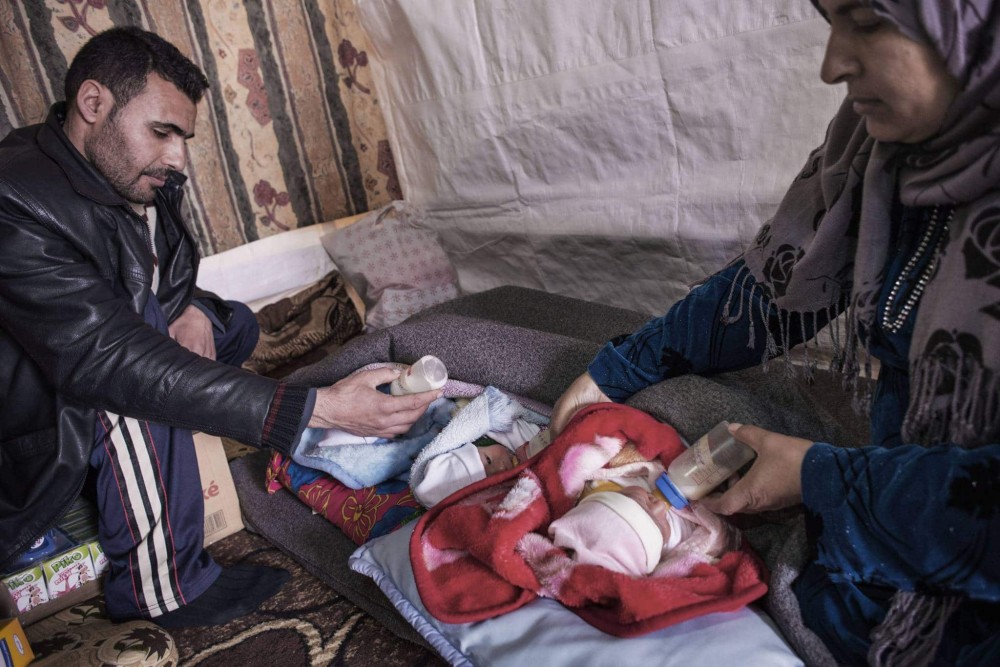
UNICEF supports 21 Mobile Medical Units across Lebanon to provide health services to refugees. These medical teams visit camps and informal settlements all over the country, each one reaching about 80 people a day. The team includes a doctor, two nurses, a midwife, and a vaccinator.
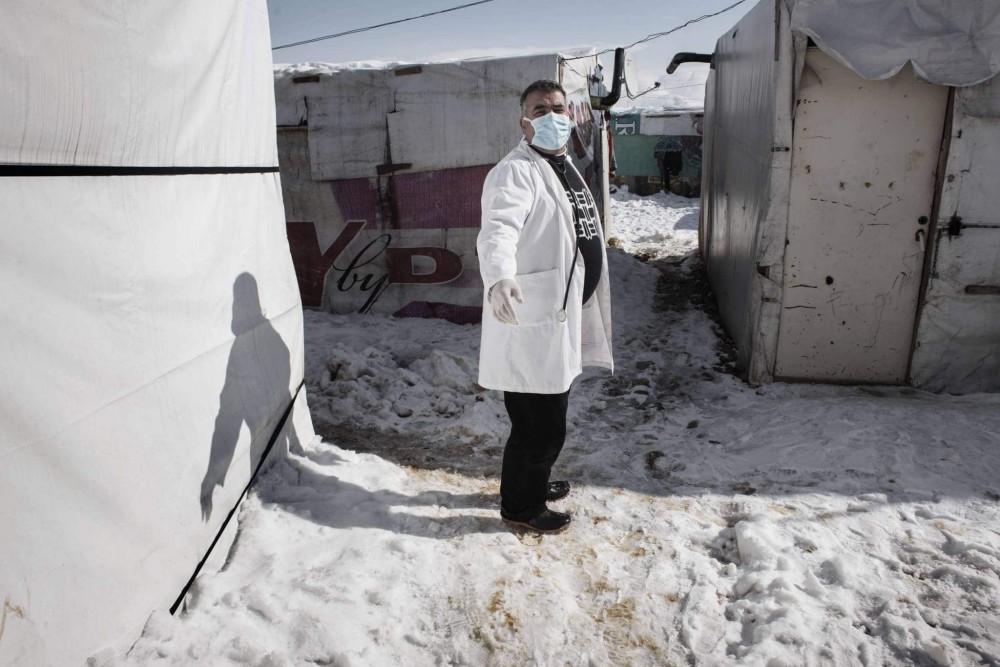
Thanks to your support, these teams vaccinate children against polio, measles and other life-threatening childhood diseases. They provide medication like antibiotics, and special micronutrient supplements to help prevent or treat malnutrition. They also provide treatment for conditions that can easily spread through refugee camps and threaten the lives of thousands of children.
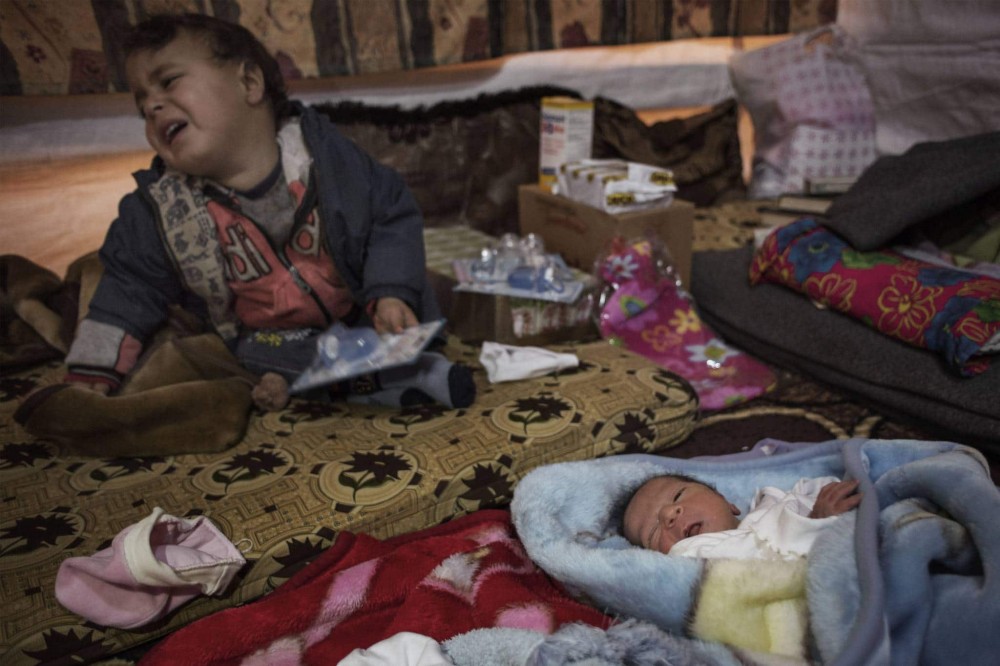
So how did Amena, the triplets’ mother, come to be living in a tent in a snowstorm? She had fled to Lebanon in the wake of the crisis in Syria with nothing but the clothes on her back.
For three years Amena and her husband had lived in a single-room tent, hoping to one day safely return home to Syria.
In winter, the tents are freezing; in summer, they’re scorching hot. There are very few comforts or belongings – shared cots, some basic cooking equipment and hopefully enough blankets to keep families warm. Not all the tents have fuel stoves for warmth – it’s hard to imagine how bitterly cold the nights must get, and how worried parents are for the lives and futures of their children.
And as the conflict in teh region continues, it’s hard to imagine how families keep their health, keep their children warm and safe, and keep their spirits high.
It is people like you – UNICEF Global Parents – who give babies like Ayman and Tamar a chance in life; a chance to survive their precarious first months and to grow up into strong and healthy children.
Thank you.
With your help as a UNICEF Global Parent, we can reach more babies with the essential medical care they need to survive and develop as every child should – even in emergencies.
All photos ©UNICEF/Lebanon 2015/Alessio Romenzi
